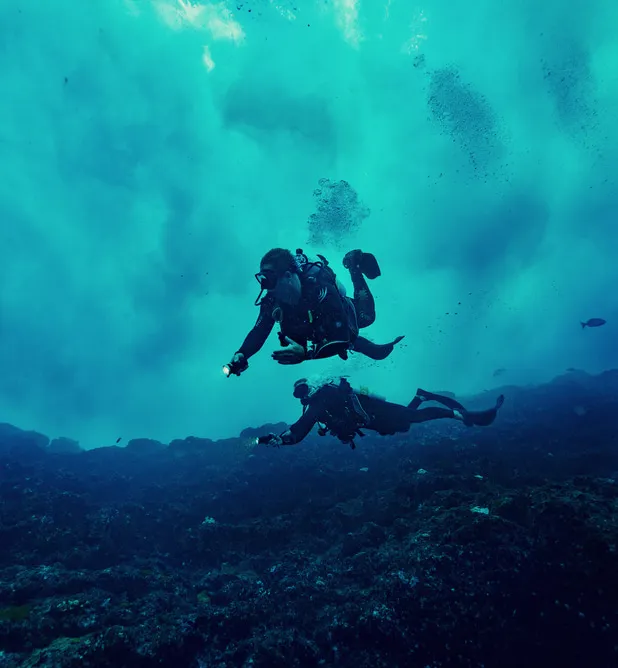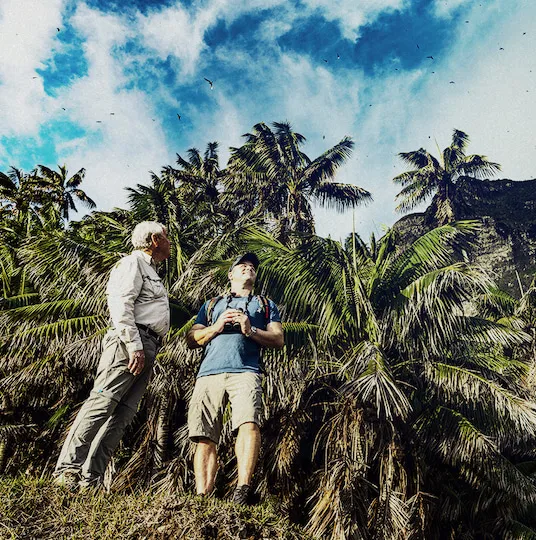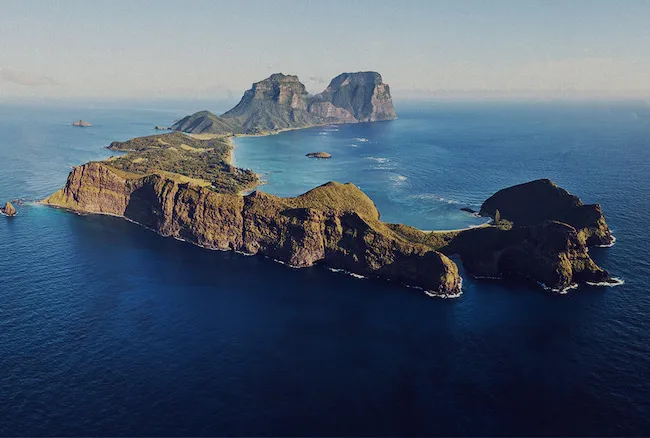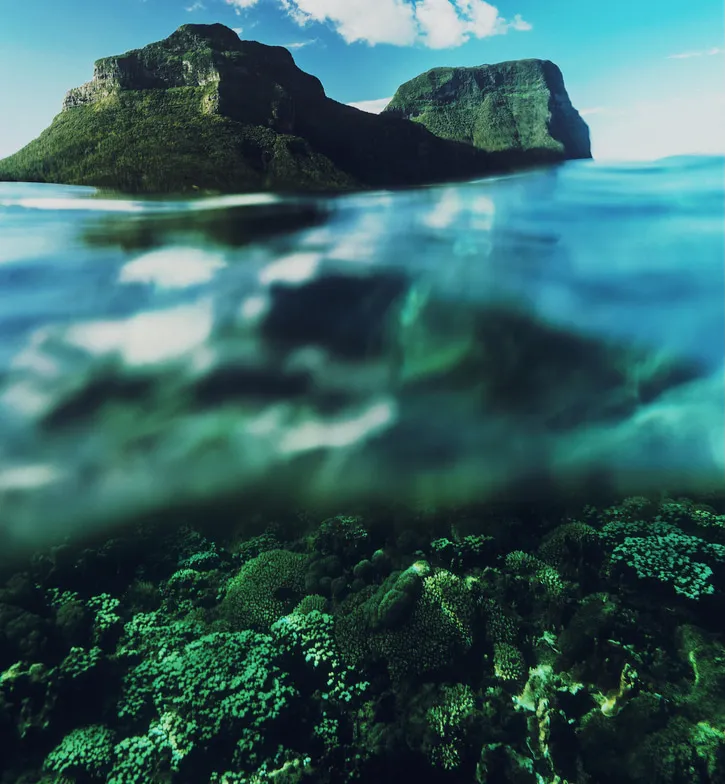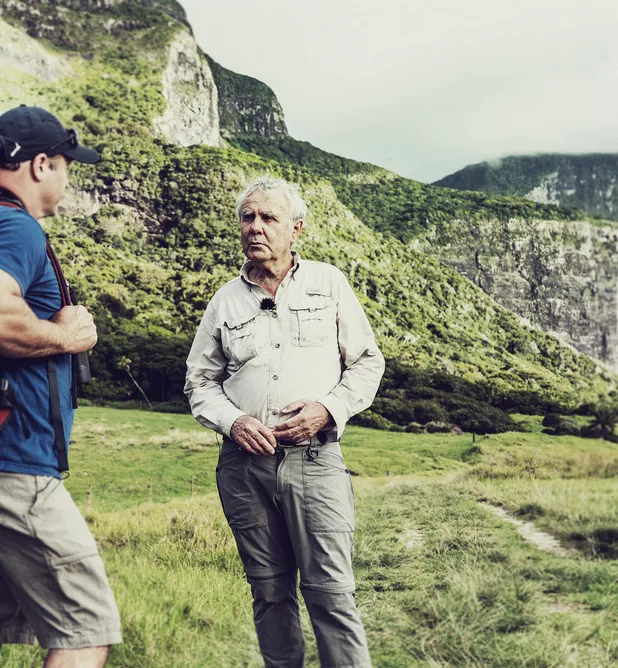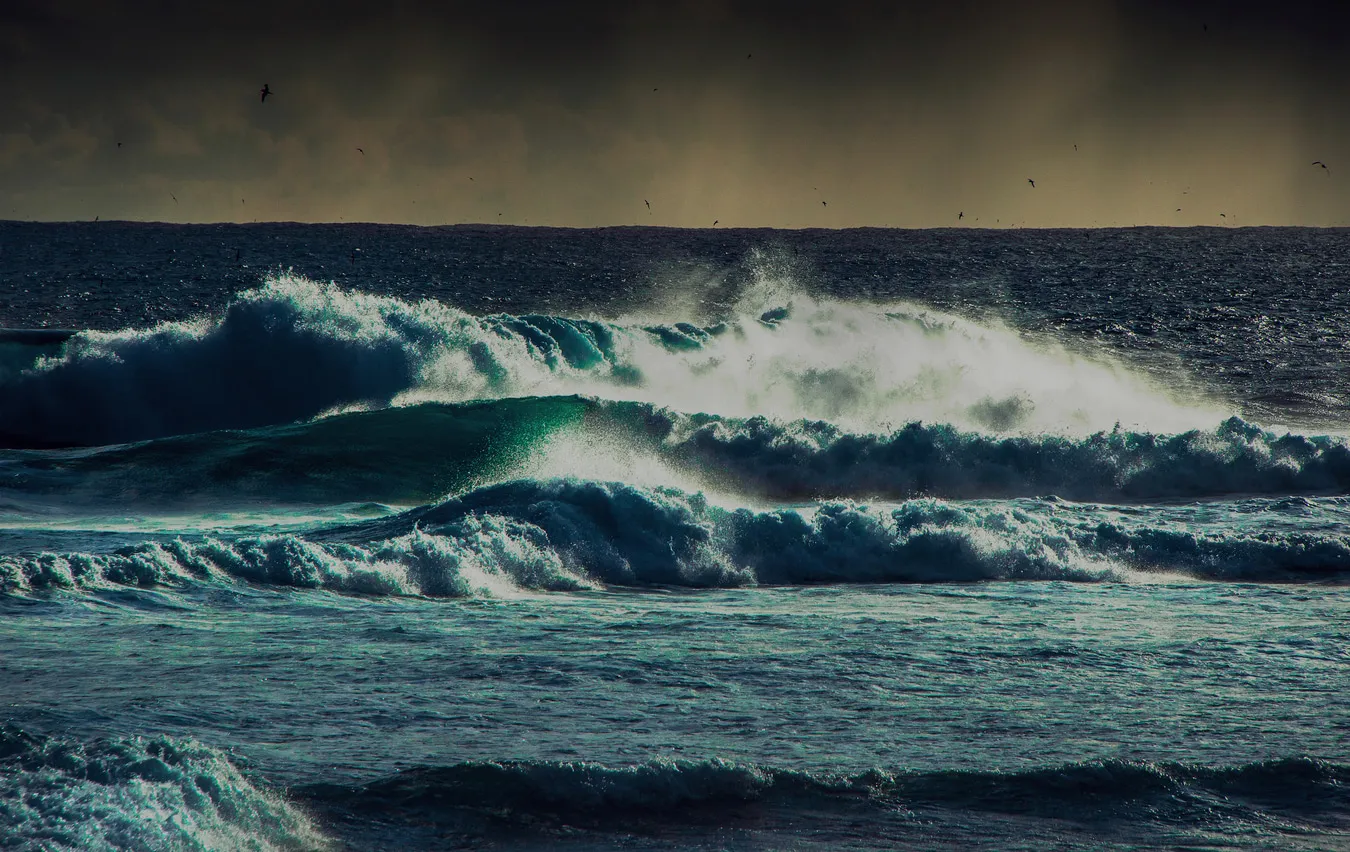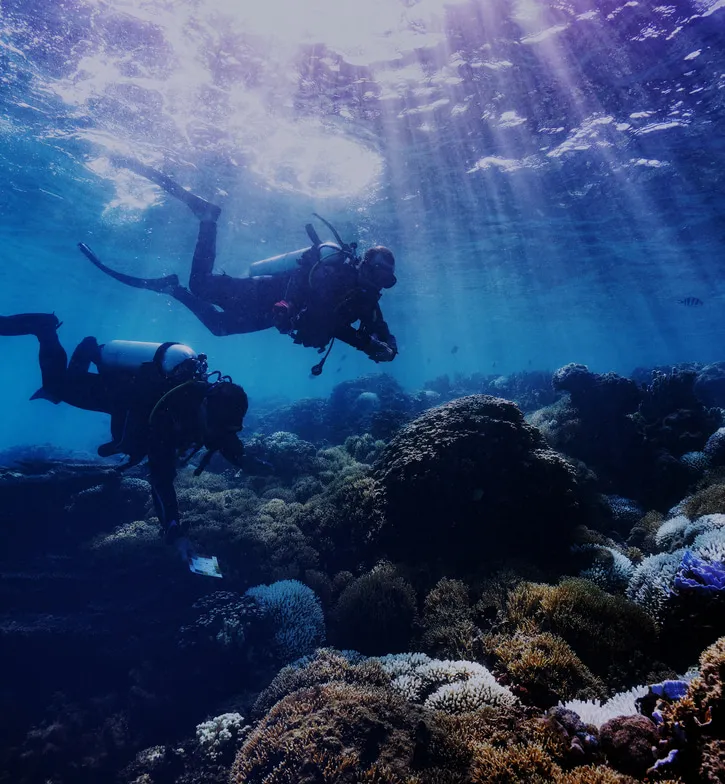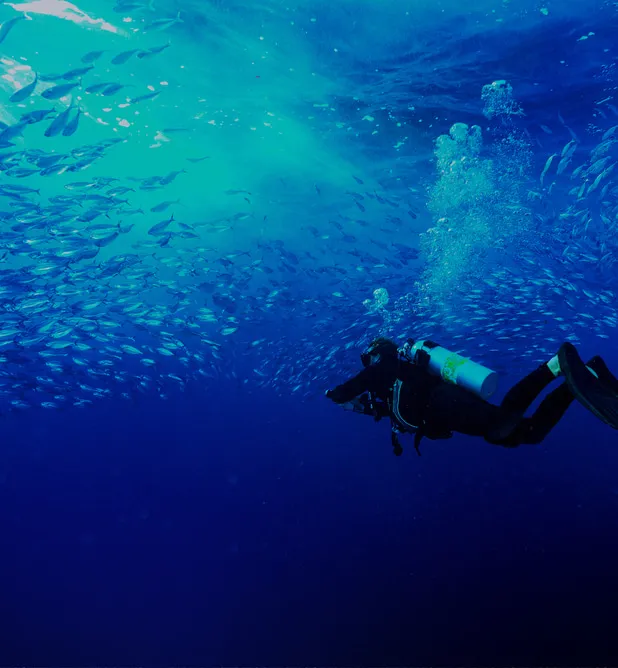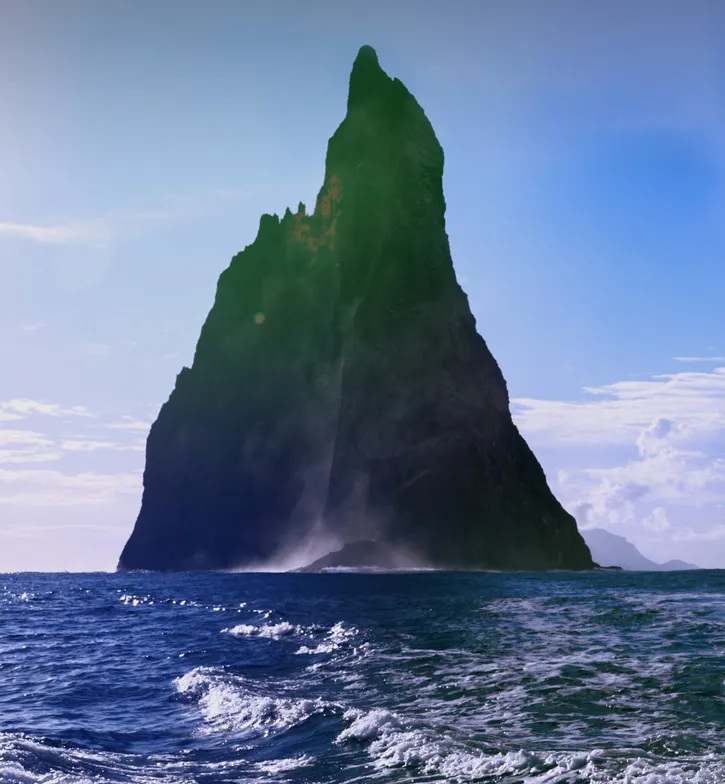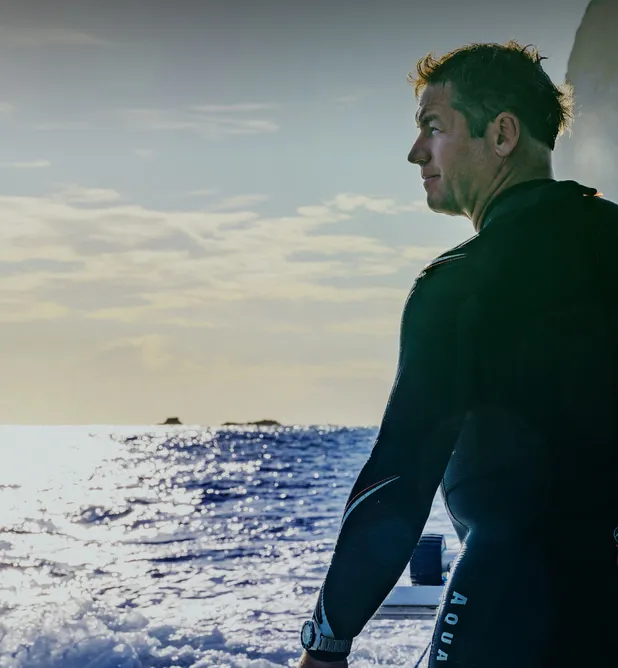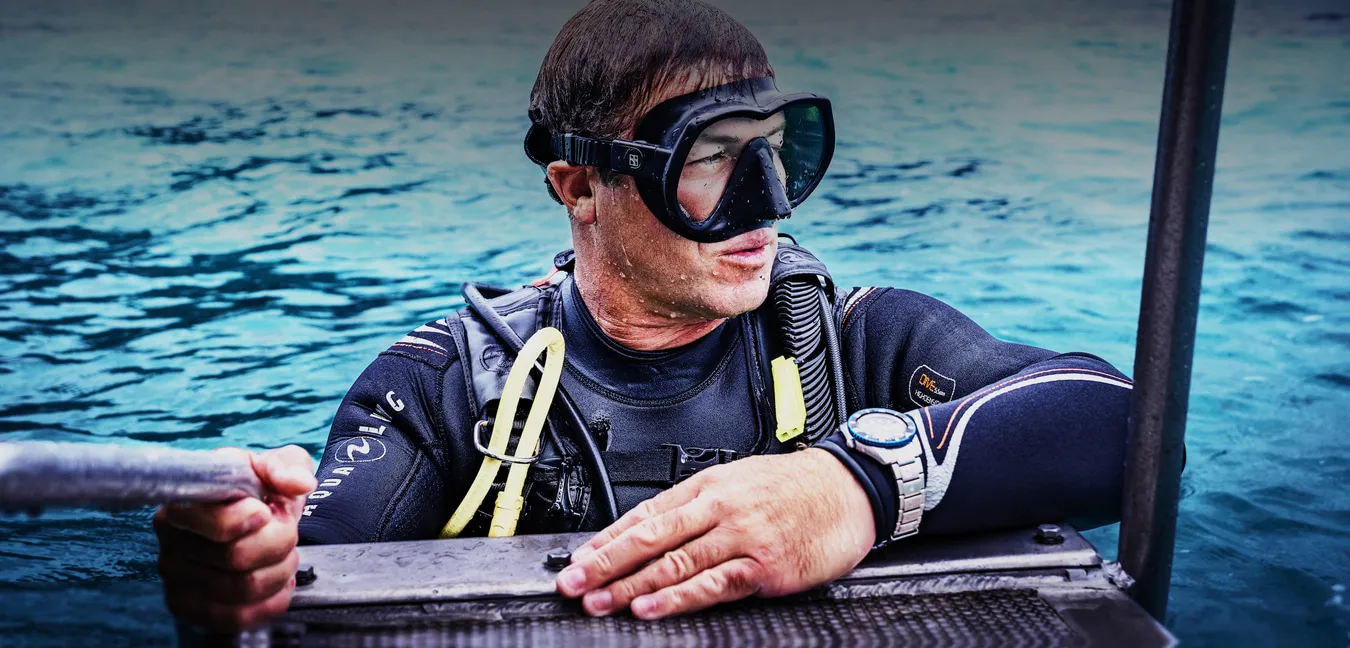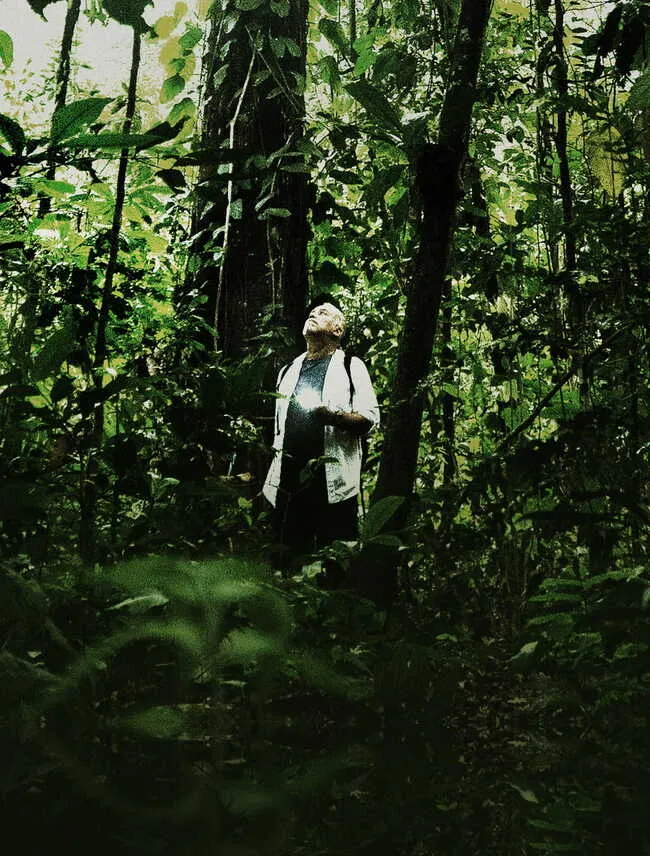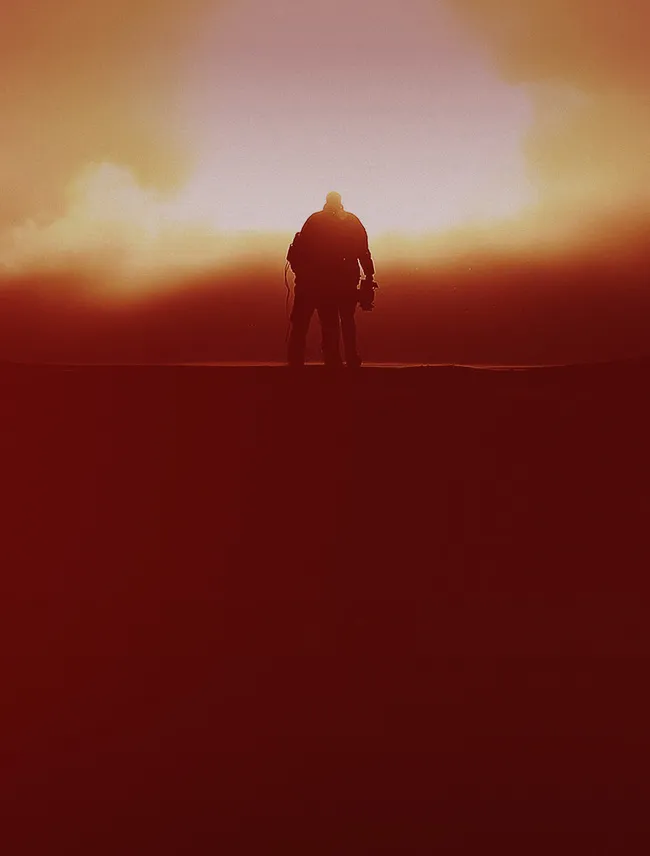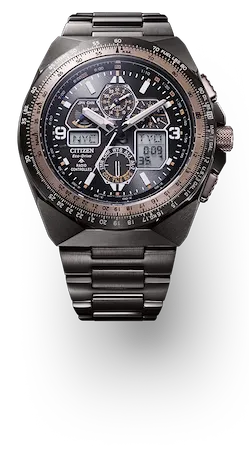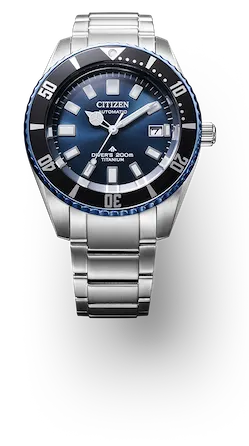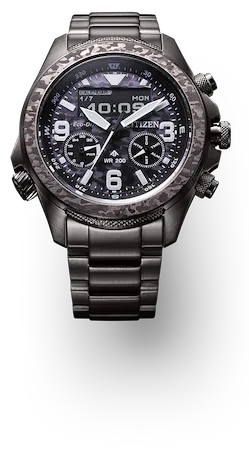“LORD HOWE ISLAND HAS THIS AMAZING DIVERSITY OF WILDLIFE.” “LORD HOWE ISLAND HAS THIS AMAZING DIVERSITY OF WILDLIFE.”
DEAN MILLER DEAN MILLER
“LORD HOWE ISLAND HAS THIS AMAZING DIVERSITY OF WILDLIFE.” “LORD HOWE ISLAND HAS THIS AMAZING DIVERSITY OF WILDLIFE.”
DEAN MILLER DEAN MILLER
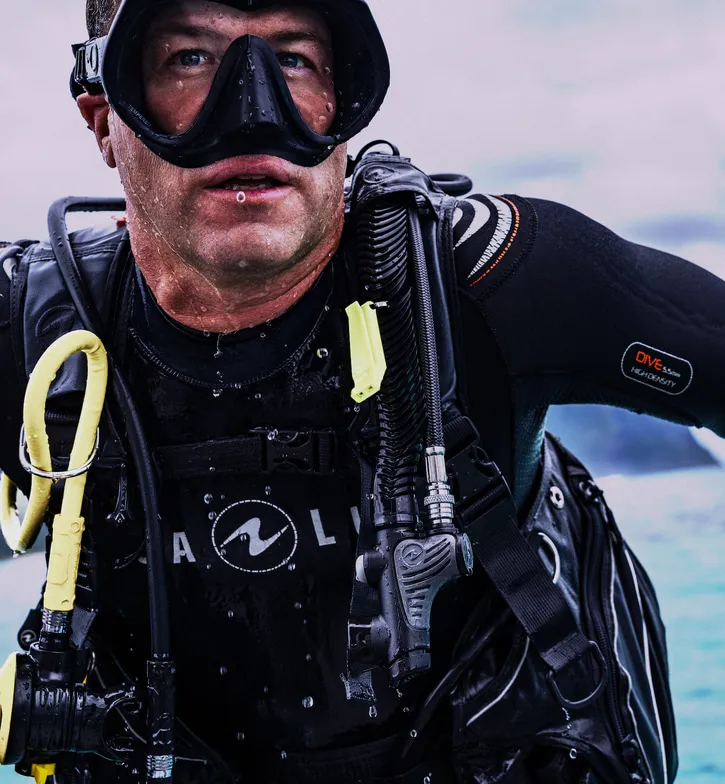
Australian marine scientist, explorer and documentary filmmaker Dean Miller was only about six years old when he found his vocation. “I went snorkelling in Victoria, Australia, and was immediately immersed in this other world full of life forms, colours and movement. I popped up and asked my mum, ‘How can I do this forever?’ ‘Become a marine biologist,” she said. And that was it.” But even after earning his Ph.D. in coral reef management two decades later, Dean wanted more. And a year-long field trip to study seals on Macquarie Island, between New Zealand and Antarctica, kicked off a second parallel career for him as a documentary filmmaker.
So it’s only appropriate that when we asked Dean to choose a ‘Frontier of Hope,’ a place that embodies both the climate change threat and nature’s beauty and resilience, he chose another remote island, Lord Howe Island, 700 kilometers east of Sydney. “Lord Howe Island’s a very special place,” Dean says. “A land mass caught between two worlds, where two big bodies of water, the southern influence and the northern influence, tropical and temperate, meet each other.” As a result, the island boasts an astonishing variety of temperate and tropical sea creatures, not to mention seabird colonies of several hundred thousand birds.
